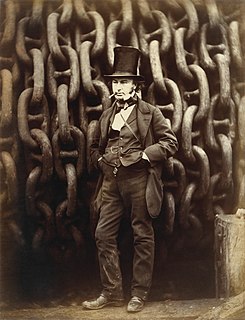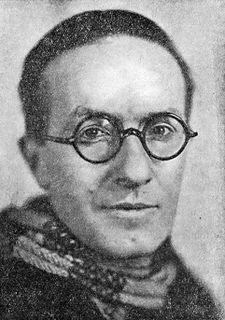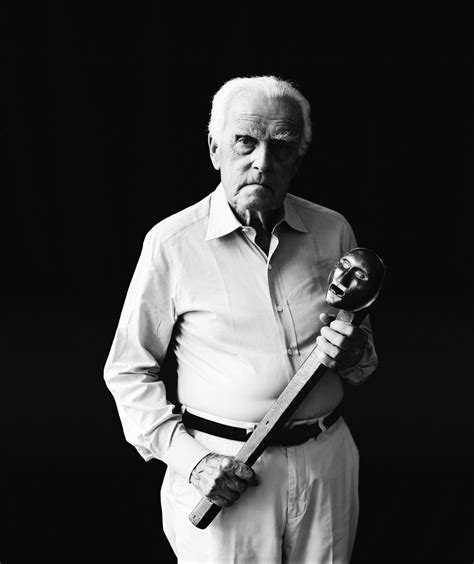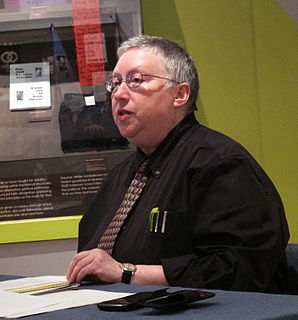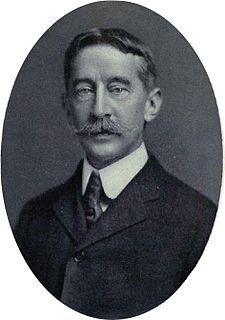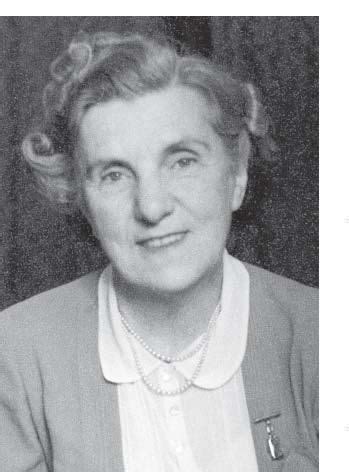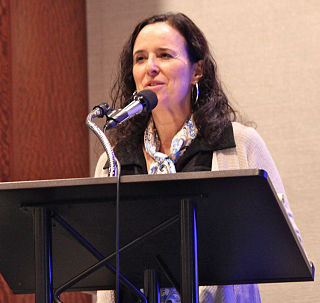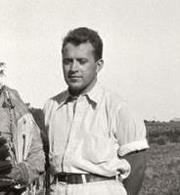A Quote by Ernest Becker
One of the main reasons that it is so easy to march men off to war is that each of them feels sorry for the man next to him who will die.
Related Quotes
There are two men in each one of us: the scientist, he who starts with a clear field and desires to rise to the knowledge of Nature through observations, experimentation and reasoning, and the man of sentiment, the man of belief, the man who mourns his dead children, and who cannot, alas, prove that he will see them again, but who believes that he will, and lives in the hope – the man who will not die like a vibrio, but who feels that the force that is within him cannot die.
Each man must not think only of himself, but also of his buddy fighting beside him. We don't want yellow cowards in this Army. They should be killed off like rats. If not, they will go home after this war and breed more cowards. The brave men will breed more brave men. Kill off the Goddamned cowards and we will have a nation of brave men.
We’re built of contradictions, all of us. It’s those opposing forces that give us strength, like an arch, each block pressing the next. Give me a man whose parts are all aligned in agreement and I’ll show you madness. We walk a narrow path, insanity to each side. A man without contradictions to balance him will soon veer off.
Man is the only animal that deals in that atrocity of atrocities War. He is the only one that gathers his brethren about him and goes forth in cold blood and calm pulse to exterminate his kind. He is the only animal that for sordid wages will march out... and help to slaughter strangers of his own species who have done him no harm and with whom he has no quarrel.... And in the intervals between campaigns he washes the blood off his hands and works for the universal brotherhood of man with his mouth.
What persuades men and women to mistake each other from time to time for gods or vermin is ideology. One can understand well enough how human beings may struggle and murder for good material reasons - reasons connected, for instance, with their physical survival. It is much harder to grasp how they may come to do so in the name of something as apparently abstract as ideas. Yet ideas are what men and women live by, and will occasionally die for.
That is very fine; but it is impossible to make the men perfect; the men will always remain the same as they are now; and no legislation will make a man have more presence of mind, or, I believe, make him more cautious; and besides that, the next time such an accident occurs, the circumstances will be so different, that the instructions given to the men, in consequence of the former accident, will not apply.
A man who wants to die feels angry and full of life and desperate and bored and exhausted, all at the same time; he wants to fight everyone, and he wants to curl up in a ball and hide in a cupboard somewhere. He wants to say sorry to everyone, and he wants everyone to know just how badly they've all let him down.











